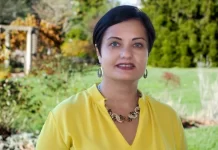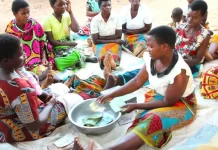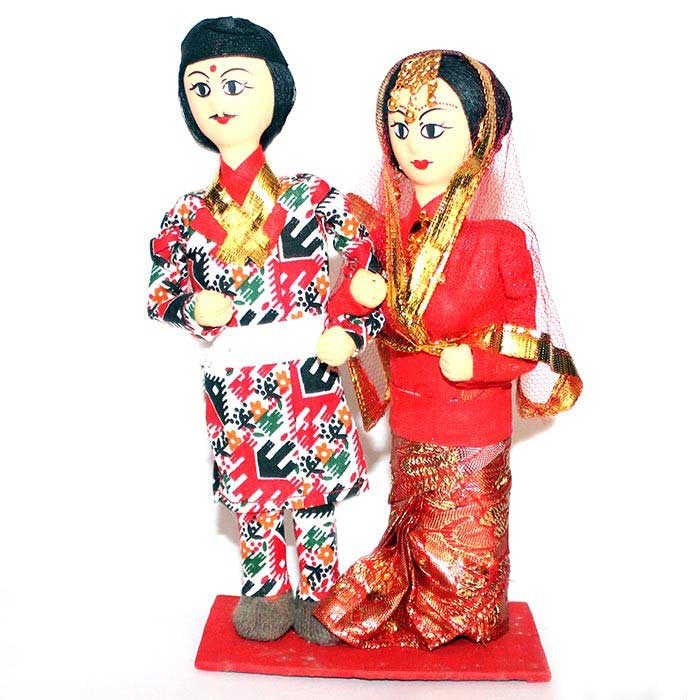By SAYED JALAL
A convoy of cars after attending a wedding ceremony were joyfully returning to Kabul from Paghman. In the darkness of a gloomy night the convoy was stopped around 20:00 o’clock by armed men in police uniform. Both men and women were disembarked form the convoy and were separated from each other at gun point. First the women were strip off their valuable accessories (jewelleries, money, mobiles phones… etc) then they were strip off their honour and chastity. The women were gang raped by ten barbaric men hiding in police “uniform”, which is at least a symbol of providing security in war ravaged Afghanistan. But that night they were devils in angel’s skin.
Apparently, we live in a society where pride seems to be the most important asset we seem to deeply care in the social settings.
What does it tell us? Of course there used to be occasional rape cases in Afghanistan, but the recent trends, in a very ugly and overt way, reveal the darker side of a traditional patriarchal society. These trends also tell us that social morality is in sharp decline. From juvenile rapes by Mullas (Religious scholar) in mosques (Masjid), to rape of daughters by fathers and animal rapes, these rapists seem not to be scared or obligated by any code of conduct neither religious nor social.
Among the four women raped by them was an 18-year-old girl, who could not bear the scar of the heinous sexual violence. The last word she uttered was “don’t tell anyone, we will lose our pride”.
Apparently, we live in a society where pride seems to be the most important asset we seem to deeply care in the social settings. In this case, the Afghan girl was concerned about her family pride and wanted everyone to keep silent and put a veil of ignorance about the incident, even in her last breaths.
Perhaps it was her last words that jolted or perhaps it is the severity of the crime that awoke the authorities to take action. Initially a case of robbery was registered and when the victims visited the hospital, it was ultimately registered as a gang rape case.
When a misplaced or a broken bone heals badly, it normally leaves doctors with no choice but to re-break and reset the bone in order to allow the bone to appropriately do its job. There have been repeated cases of rape and sexual violence, but the legal machinery in Afghanistan rarely cares about addressing these social evils.
A few convicts of the gang rape case had already served a ten-year term in prison for similar convictions of rape and robbery. It was found that after their release they were once again looking for their next prey.
Rape is considered utterly forbidden in Islam and is punishable by death. In Islam capital punishment is reserved for the most heinous crimes, which severely harm the victims and destabilize society and according to most respected Islamic scholars rape falls in both categories.
Islam takes the honour and protection of women very seriously. Though Islamic scholars call rape “hiraba” a form of forcible assault, which involves an attempt to overpower a weaker person to unwillingly accept the sexual advance of the attacker.
Many people argue that had these rapists been charged with capital punishment at the first place, much had been different today. The young girl who lost her life in hospital would have been alive; the women would not have been humiliated. Perhaps it’s time to go back and “re-break the bone” so it may heal properly.
Some people have argued that by serving capital punishment to the convict the legal apparatus should make sure that rapists will not be able to repeat the appalling crime again and again.
In some cases of rape and sexual violence, in traditional societies like Afghanistan, there seems to be a tendency to blame women too, but there needs to be more awareness raising campaigns since rape is a punishable crime and is not caused by women’s action in anyway. Anyone who does something under utter duress is not guilty of any sin, even in the case of someone being forced to deprecate their faith in Allah. The Quran says: “Except him who does it under duress and whose heart is at rest with Faith…” (Al-Nahl: 106).
In some cases of rape and sexual violence, in traditional societies like Afghanistan, there seems to be a tendency to blame women too, but there needs to be more awareness raising campaigns since rape is a punishable crime and is not caused by women’s action in anyway. Anyone who does something under utter duress is not guilty of any sin, even in the case of someone being forced to deprecate their faith in Allah. The Quran says: “Except him who does it under duress and whose heart is at rest with Faith…” (Al-Nahl: 106).











